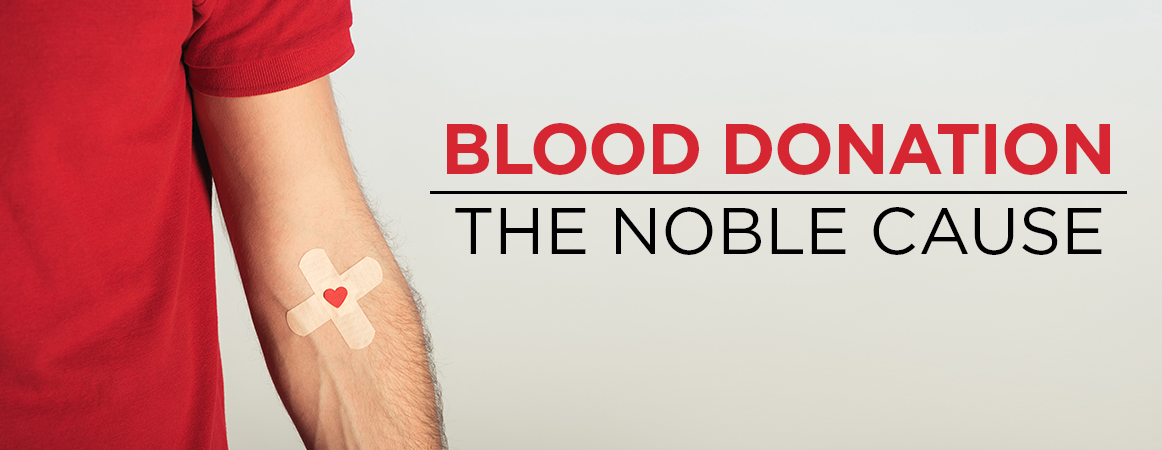Blood Donation: The Noble Cause
Blood donation is a selfless act that helps save lives. It is one of the most positive ways to help someone in need. By donating blood, you are donating an irreplaceable gift that will save someone’s life. It shows that you care, and you’ll feel great knowing that you are helping to save lives.
The process is completely safe unless done by a professional blood donation center or a hospital. Giving blood can be a life-saving action, and it is beneficial for both the donor and the recipient.
Benefits of Blood Donation for the Receiver
Donating blood is a great way to help people with many different health conditions, including those who:
- have bleeding due to an injury (internal or external)
- have an illness that affects the blood
- are undergoing cancer treatment
- are undergoing surgery
- have an inherited blood disorder
- are undergoing a transplant
- need treatments involving plasma or other blood products
When someone recovers from COVID-19, they can donate blood plasma to help others with the condition. This is done by donating blood.
Benefits of Blood Donation for the Donor
According to some medical professionals, donating blood may also benefit the blood donor in multiple ways, such as:
Identifying adverse health effects
Blood donation is a simple process. Before donating, the donor goes through a physical examination and a blood test to make sure that they are healthy and eligible.
These tests are not extensive, but they help identify any unknown health concerns such as anemia, high or low blood pressure, or other issues.
The test will check the person’s:
- blood pressure
- body temperature
- body weight
- heart rate
- hemoglobin, or iron, levels
Contributing to the Community
Blood donors make a vital contribution to the community. They make a difference in the lives of others which boosts their sense of well-being. Blood donation is not only good for the donor’s general health, but it is also good for the heart, your brain, and your soul. Blood donors often feel the rewards of making a difference in people’s lives.
Weight Management
It is suggested that blood donation centers need to weigh people before they give blood. they would be able to identify people with weight issues and offer them counseling and advice. If a person is overweight, this could lead to various health problems. The same applies to an underweight person.
Reduces Iron Levels for Those with Hemochromatosis
Some people have type 1 hereditary hemochromatosis. This is a condition in which one has too much iron in the blood. People with hemochromatosis have too much iron in their blood. The extra iron can build up in different organs, such as the liver and heart, and affect how they function.
Blood Pressure Readings
Blood pressure testing is a vital part of the blood donation process. Many people don’t realize that the process is more than just donating blood and can be an opportunity for them to take note of their reading and learn to reduce it.
Facts to Keep in Mind Pre & Post Blood Donation:
Before Blood Donation:
- People between the ages of 18 to 65 years can donate blood
- The donor’s weight should be between 45 and 66 kg
- The pulse should be between 60-100 bpm without any irregularities
- Body temperature should be in the normal range
- The person’s blood pressure should be below 160/100 at the time of donation
- A medical examination should be performed beforehand to screen for diseases and any medications you might be on.
After Blood Donation:
- The body will return to normal blood volumes within 48 hours to 72 hours after donating blood.
- Drink 10-12 glasses of water within 24 hours
- Avoid driving for a couple of hours
- Avoid prolonged sun exposure
- Avoid smoking


